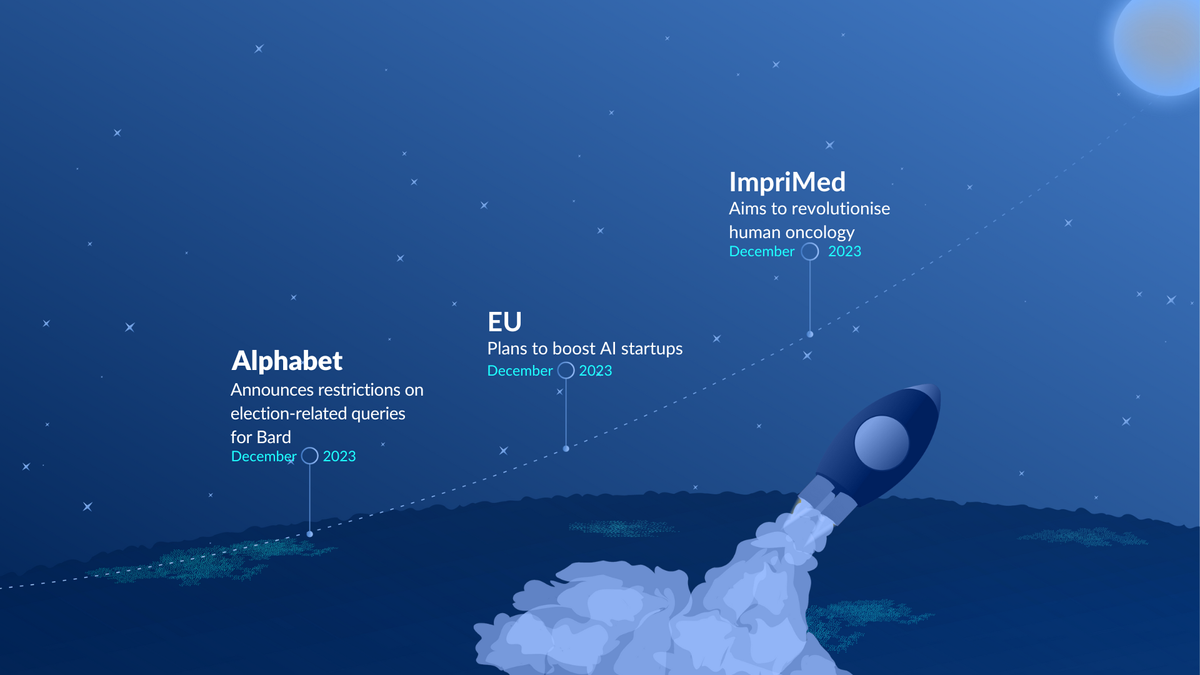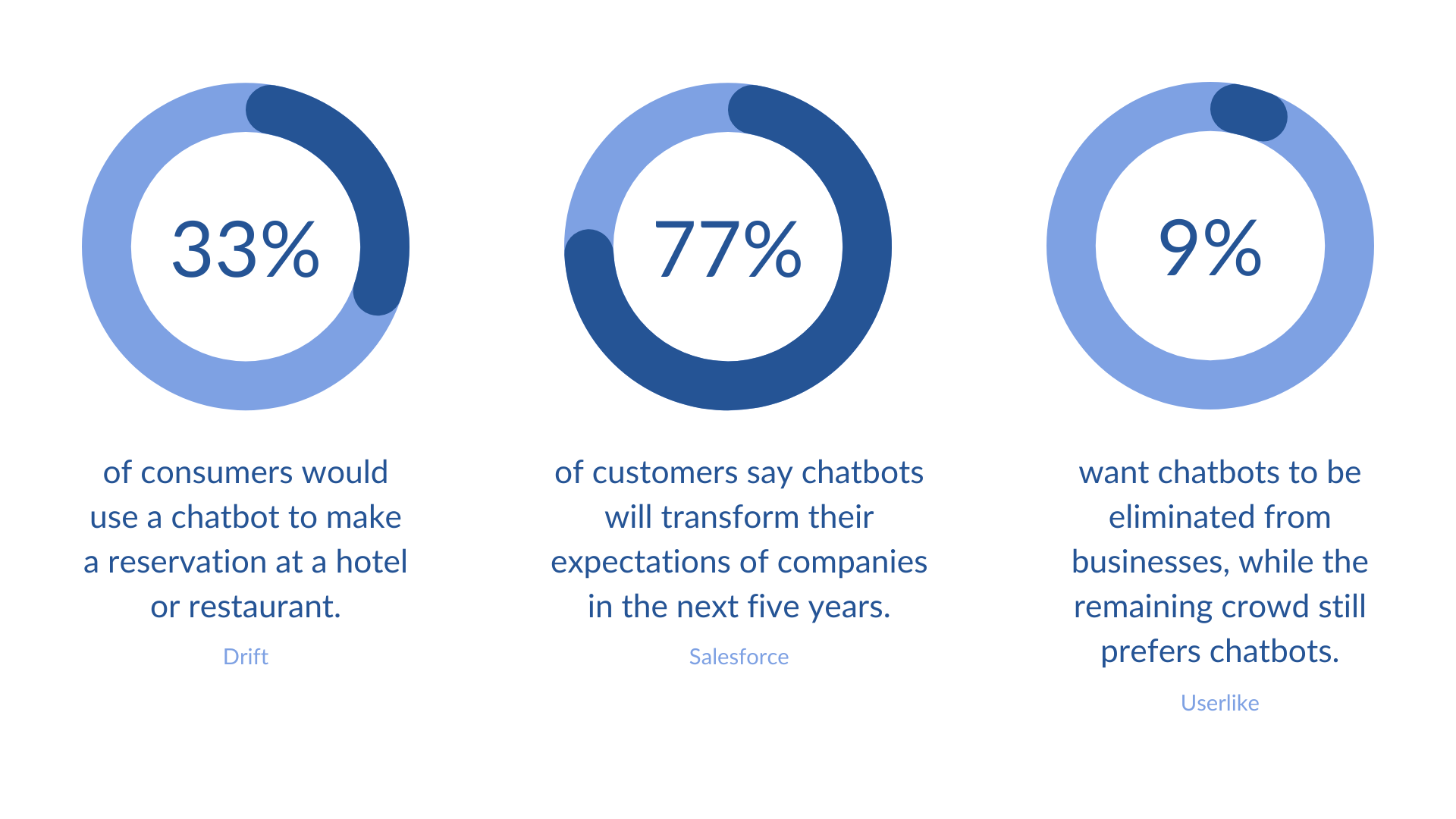Powered by Data - December 25, 2023
Keep up-to-date on conversational AI & chatbots with fascinating data points and weekly news.

Data Points

Last Week in Conversational AI
- The European Union is expanding support for AI startups by providing access to processing power for model training on the bloc's supercomputers. The program aims to enhance the competitiveness of the EU's AI ecosystem by offering dedicated support for AI startups to leverage high-performance computing. The plan involves establishing "centers of excellence" to assist in developing reliable AI algorithms compatible with EU supercomputers. An "AI support center" is also in the works to provide specialized assistance for SMEs and startups in maximizing the potential of EU supercomputing resources. This initiative is part of the EU's broader strategy to promote AI innovation and enhance the capabilities of its small and medium-sized enterprises (SMEs) in the AI space. The EU is investing in supercomputers and plans to create a federated supercomputing resource accessible via the cloud, fostering collaboration and innovation in AI across Europe.
Read More - ImpriMed, a California-based precision medicine startup, is expanding its AI-powered dog cancer treatment technology to human oncology applications. The company's technology helps veterinarians identify suitable drugs for individual canine and feline blood cancers. ImpriMed's AI-powered personalized drug efficacy prediction service allows oncologists to identify effective anticancer medicines for specific patients before making treatment decisions. The startup aims to utilize existing drugs to personalize cancer treatment regimens for individual patients. ImpriMed recently closed a $23 million Series A funding round, bringing its total raised to $35 million since inception. The funds will be used to expand its drug response prediction technology into human oncology, increase its workforce, and broaden its business development pipelines. The company's AI software for multiple myeloma, a rare blood cancer, is in the process of approval for commercialization in 2025.
Read More - Alphabet's Google announced plans to restrict the types of election-related queries that its chatbot Bard and search generative experience can respond to in the lead-up to the 2024 U.S. Presidential election. The restrictions are expected to be implemented by early 2024. Google aims to focus more on the role of artificial intelligence (AI) in serving voters and campaigns, especially considering the upcoming significant elections worldwide, such as those in India and South Africa. This move aligns with broader efforts by tech companies to address concerns related to the use of AI and generative technologies in political advertising, with Meta imposing similar restrictions on its platforms. The EU also works on regulations to label and regulate political advertising on digital platforms.
Read More
